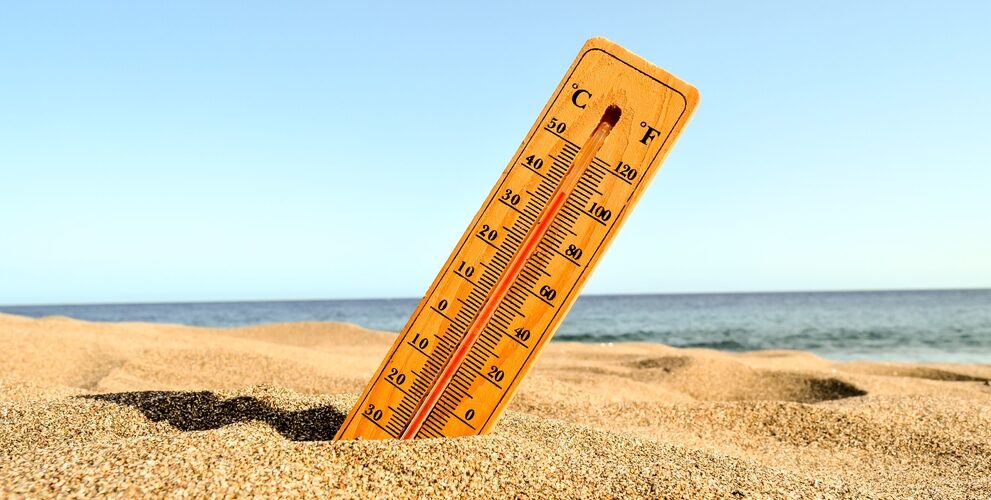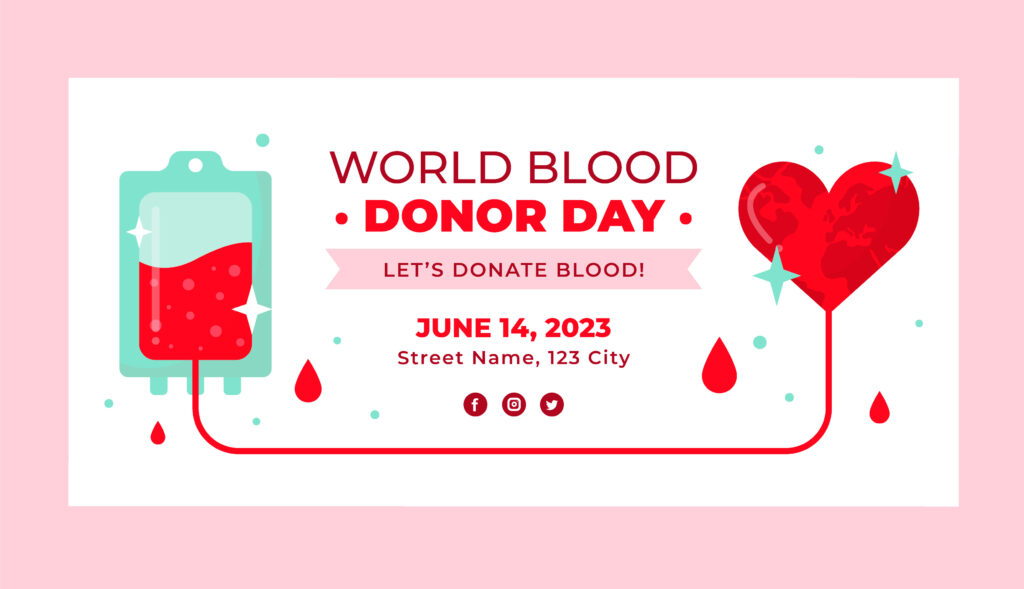WHO’s ‘Beat the Heat’ initiative aims to shield workers, fans from heatwaves
Heatwaves alone are projected to cause up to 1.6 million deaths by 2050 if effective measures are not taken
Author
Author
- admin / 19 hours

- 0
- 3 min read

Author
As global temperatures continue to break records, the World Health Organization’s (WHO) ambitious “Beat the Heat” initiative is gaining ground in its mission to protect workers, sports fans and local communities from extreme heat and related environmental hazards.
The project, running from January 2025 to June 2026, marks the first phase of collaboration between WHO and FIFA under the World Cup 2022 Legacy Fund. It specifically targets workplaces, mega sporting events and mass gatherings to boost preparedness and response measures against heatwaves, solar UV exposure and outdoor air pollution.
“The Sport for Health Programme is a platform for integrating health into the world of sport, helping to ensure that major events and everyday sporting activities alike promote and protect health of all involved persons,” said Dr Gaudenz Silberschmidt, WHO Director for Health and Multilateral Partnerships. He called the project “both timely and critically important” as it offers practical solutions to safeguard workers and spectators while reinforcing climate-resilient sporting environments.
According to WHO, extreme heat is now widely recognized as a critical public health issue. Heatwaves alone are projected to cause up to 1.6 million deaths by 2050 if effective measures are not taken. Occupational hazards, including excessive heat, already claim at least 3 million lives each year and drain up to 6% of global GDP.
“The Beat the Heat initiative is about turning global guidance into real-world action,” emphasized Dr Maria Neira, WHO’s Director for Environment, Climate Change and Health. “By supporting the rollout of protective guidance and tools, we’re helping to build safer, more resilient workplaces and safeguard the health of workers facing rising heat-related risks around the world.”
70% workers exposed to heatwaves
Globally, 2.4 billion workers, nearly 70% of the workforce, are exposed to excessive heat, resulting in more than 22 million non-fatal injuries each year. In 2022 alone, an estimated 1.6 billion people worked outdoors, WHO said.
Nedret Emiroglu, Director of WHO’s Health Emergency Core Capabilities, said, “Protecting people during public health emergencies and mass gatherings must remain a top priority. Climate change is driving more frequent and intense heatwaves, worsening air quality and UV exposure, all of which heighten health risks. Through the Beat the Heat initiative, WHO supports countries and event organizers with tools, early warning systems, and protocols.”
WHO has begun targeted collaboration with countries such as the United Republic of Tanzania, with others expected to join soon. These nations, experienced in hosting large-scale events, are seen as well-positioned to pilot and expand effective interventions to reduce heat-related risks.
Also read: https://firstcheck.in/climate-children-heatwave-exposure-study/
(Do you have a health-related claim that you would like us to fact-check? Send it to us, and we will fact-check it for you! You can send it on WhatsApp at +91-9311223141, mail us at hello@firstcheck.in, or click here to submit it online)









